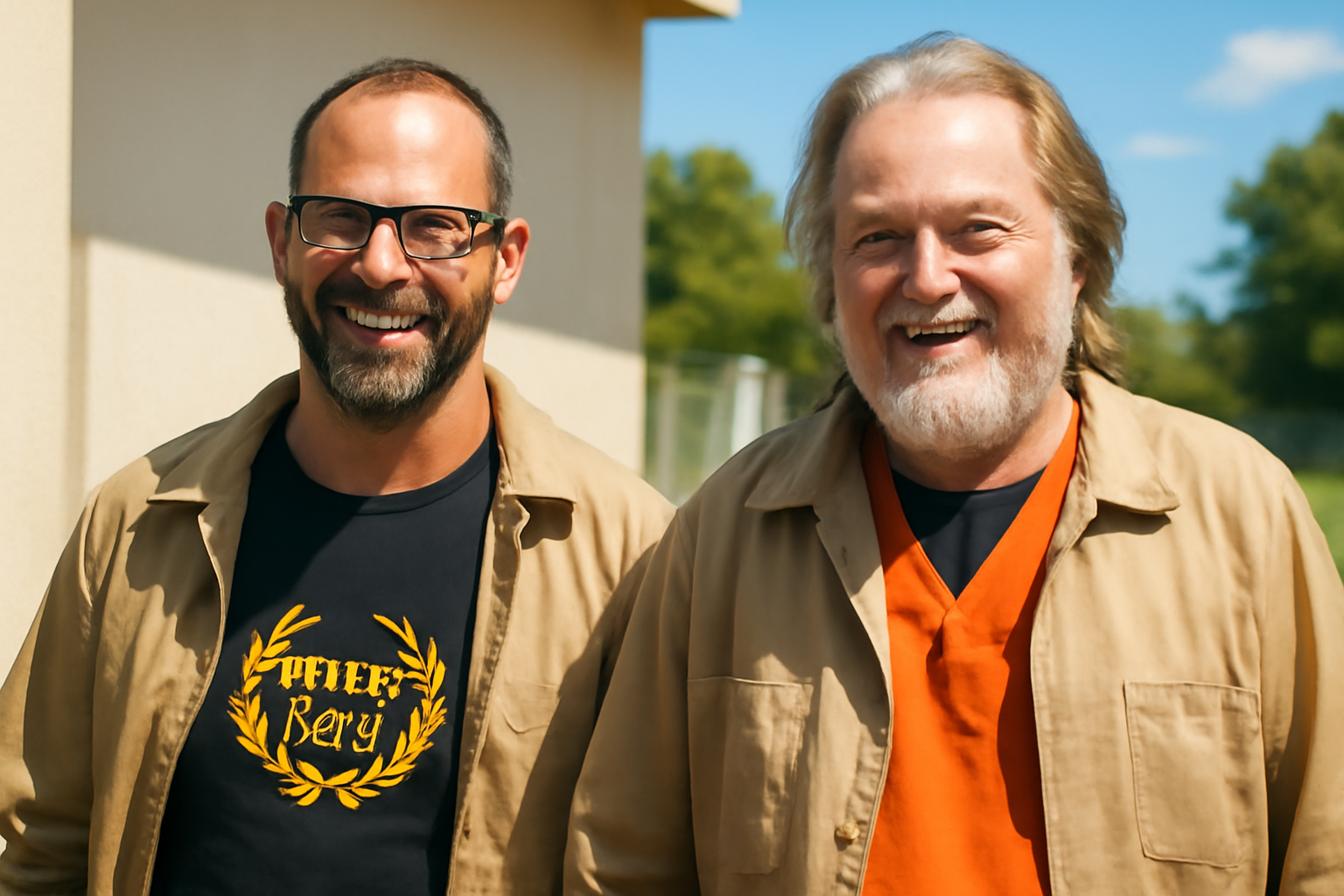
In the aftermath of the January 6 incident at the United States Capitol, the legal proceedings against various individuals involved have garnered significant public attention. Recently, two high-profile figures associated with prominent extremist groups have been released from custody, sparking discussions about justice and accountability.
Background: The January 6 Incident
The events of January 6, 2021, marked a significant moment in American history, as thousands of individuals gathered in Washington, D.C., eventually breaching the Capitol in what was widely seen as an attack on the democratic process. The incident resulted in numerous arrests and ongoing investigations, as law enforcement agencies worked to identify and prosecute those responsible for the violence and disruption.
Key Figures: Former Leaders of Extremist Groups
Among those charged were leaders of groups such as the Proud Boys and the Oath Keepers, organizations that have been labeled as extremist due to their involvement in violent and politically motivated activities. The former leader of the Proud Boys, as well as the founder of the Oath Keepers, were seen by many as pivotal figures in the events of that day.
The Proud Boys, a group that has been associated with far-right ideologies and violent confrontations, played a notable role in the Capitol breach, with several members facing charges. Similarly, the Oath Keepers, a militia group with a history of anti-government rhetoric, had members who were heavily involved in the events that unfolded.
Legal Proceedings and Release
The legal journey for these individuals has been complex and closely followed by the media and public alike. The former Proud Boys leader and the Oath Keepers founder were initially detained as authorities gathered evidence and proceeded with charges relating to their actions on January 6. However, recent developments have led to their release from jail, raising questions and concerns among those who have been advocating for justice and accountability.
The decision to release these figures from custody has been met with mixed reactions. On one hand, supporters argue that due process must be followed and that the conditions for their release were justified under the legal framework. On the other hand, critics contend that their release undermines the seriousness of their alleged actions and the broader implications for democracy and public safety.
Public and Political Reactions
The release of these individuals has also sparked broader discussions about the nature of justice and the impact of extremist groups on American society. Politicians, activists, and community leaders have voiced a range of opinions, reflecting the deep divisions that continue to characterize public discourse in the United States.
Many LGBTQ+ advocates have expressed concern over the release, noting the threat posed by extremist groups to marginalized communities. The rhetoric and actions of such groups have often targeted LGBTQ+ individuals, immigrants, and other minority groups, contributing to an environment of fear and hostility.
Conversely, some argue that the justice system must operate impartially, ensuring that even those accused of serious crimes are afforded their rights under the law. This perspective emphasizes the importance of a fair trial and the presumption of innocence until proven guilty.
Implications for the Future
The release of these former leaders highlights ongoing challenges in addressing extremism and political violence in the United States. As investigations continue and trials proceed, the outcome of these legal battles may set important precedents for how similar situations are handled in the future.
For the LGBTQ+ community and other vulnerable groups, these developments serve as a reminder of the importance of vigilance and advocacy in the face of potential threats. Building alliances and fostering dialogue across communities remain crucial strategies in promoting safety, inclusivity, and understanding.
As the nation continues to grapple with the aftermath of January 6 and the broader issues it represents, the role of civil society, including online communities and advocacy groups, will be vital in shaping a more equitable and united future.
Related Posts
Triumphant Trans Woman Wins Legal Battle and Inspires Others to Stand Up for Their Rights
Breaking new ground: a landmark victory in transgender rights After battling in courtrooms and enduring endless challenges, Diana Portillo, a transgender woman, has secured a monumental victory in her decade-long fight against workplace discrimination. The result? Nearly $1 million awarded in a historic settlement. But this isn't just a win on paper—it represents a powerful precedent in combati [...]
Pride Month in Latin America: Protests and Demands for Equality
**Celebrating Pride and advocating LGBTQ+ rights in Latin America** Pride Month in Latin America was a lively mix where celebration met activism. Communities united, not just throwing a party but making a stand—demanding equality and pushing governments toward better protection and rights recognition. Throughout Latin America, pride events erupted in marches and cultural displays, each with a c [...]
Transgender Erasure Actions Implemented by National Park Service
```html Trump administration's impact on national park service and transgender recognition The Trump administration made notable moves in undermining transgender representation, which included directing agencies like National Park Service not include "T" and "Q" when they refered “LGBTQ” in any official communication. This move seems part a broader plan by this administration aimed at reducin [...]